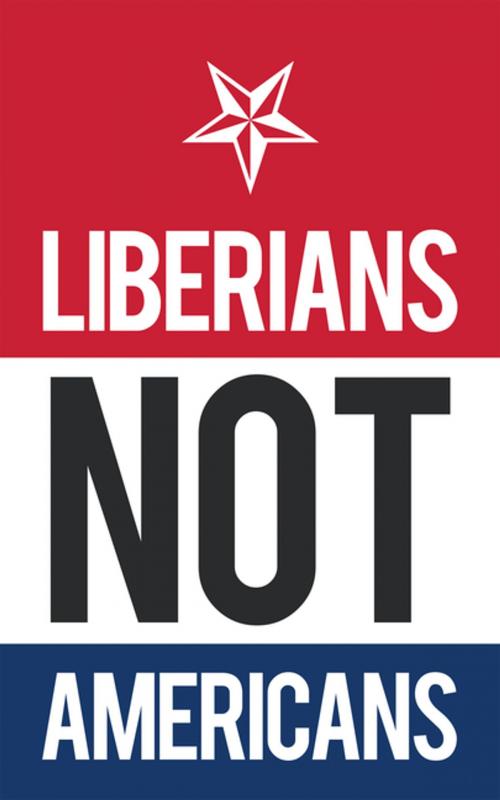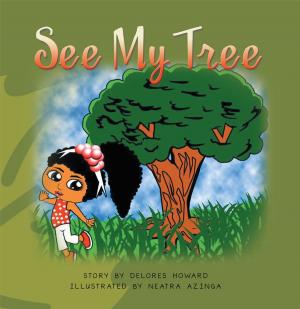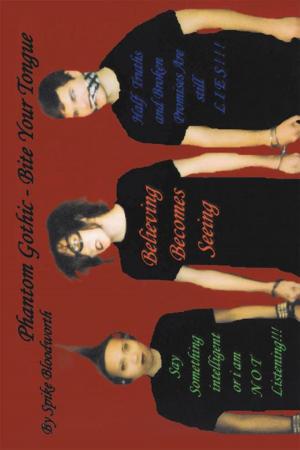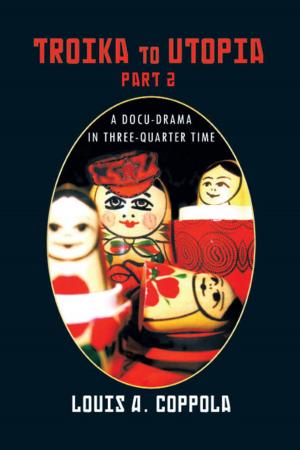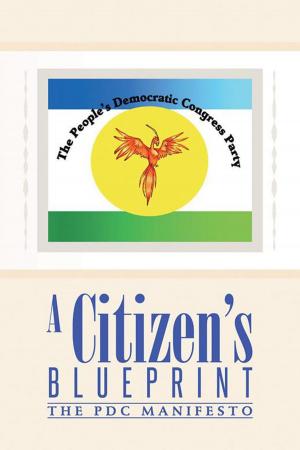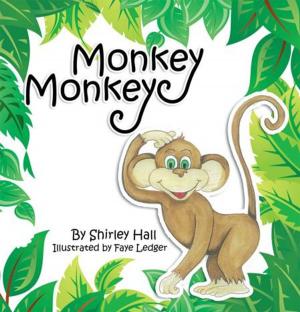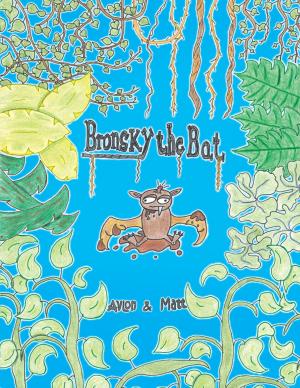| Author: | Lawrence D. Taplah | ISBN: | 9781728302416 |
| Publisher: | AuthorHouse | Publication: | March 6, 2019 |
| Imprint: | AuthorHouse | Language: | English |
| Author: | Lawrence D. Taplah |
| ISBN: | 9781728302416 |
| Publisher: | AuthorHouse |
| Publication: | March 6, 2019 |
| Imprint: | AuthorHouse |
| Language: | English |
The use of discrimination is an appropriation by Liberians for what I consider a settled assumption in which they are classified as despisers and erudite learners. Can Liberians escape from their choice to discriminate? No and yes. Let me be clear from the outset that no answer to this question can ever be completely convincing. What I confer depend on the existential condition of really living and not worry about fruition. This belief is becoming defensive for Liberians to make a promise for destiny. Strenuously, this belief constellate the despisers to be gronam or yanam boys, market women, and do menial labors; and the erudite learners are bookish and professional. In other words, who is responsible for the boundary of Liberians without redemption according to what is available? I know a chorus of critics will be ready for me with objection. Since formidable confusion is arising to detect who is a descendant of Americans and Africans, this dualism is for identity despite the fact that they are on the West Coast of Africa. This book should be able to explore the culpable negligence of Liberians through discourse narratives that are merely an attempt to further the use of acquired education and natural capacity. There has been tension for unity to abandon the reproach—we are separated, not equal—the distinctiveness for discrimination.
The use of discrimination is an appropriation by Liberians for what I consider a settled assumption in which they are classified as despisers and erudite learners. Can Liberians escape from their choice to discriminate? No and yes. Let me be clear from the outset that no answer to this question can ever be completely convincing. What I confer depend on the existential condition of really living and not worry about fruition. This belief is becoming defensive for Liberians to make a promise for destiny. Strenuously, this belief constellate the despisers to be gronam or yanam boys, market women, and do menial labors; and the erudite learners are bookish and professional. In other words, who is responsible for the boundary of Liberians without redemption according to what is available? I know a chorus of critics will be ready for me with objection. Since formidable confusion is arising to detect who is a descendant of Americans and Africans, this dualism is for identity despite the fact that they are on the West Coast of Africa. This book should be able to explore the culpable negligence of Liberians through discourse narratives that are merely an attempt to further the use of acquired education and natural capacity. There has been tension for unity to abandon the reproach—we are separated, not equal—the distinctiveness for discrimination.
